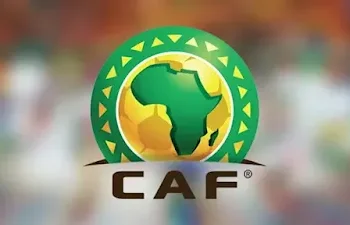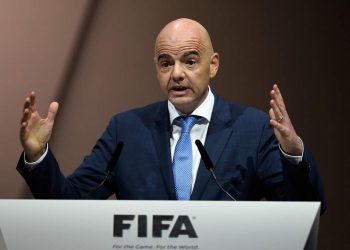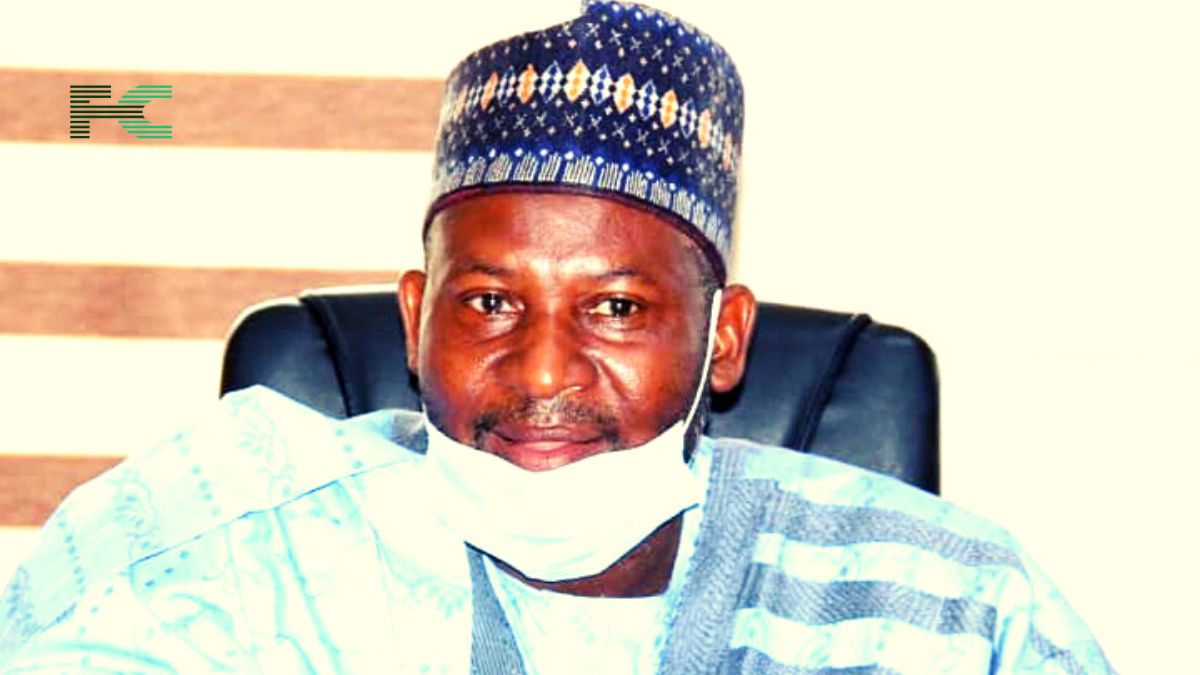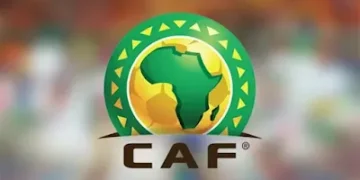Emilio Nsue, the top scorer at this year’s Africa Cup of Nations (AFCON) finals, played illegally for Equatorial Guinea for 11 years, according to FIFA documentation. The revelation comes as FIFA detailed the six-month ban handed to the 34-year-old striker last month.
Nsue, who has previously played for Birmingham City and Middlesbrough, was the leading marksman at the AFCON finals in Ivory Coast in January. Equatorial Guinea surprised many by defeating the host nation in the group stage and advancing to the last 16. However, FIFA’s disciplinary committee revealed that Nsue should not have been eligible to play for the small Central African nation.
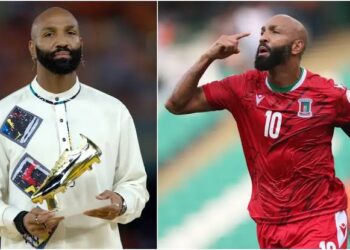
The committee’s decision, made on May 10th, found that Nsue was not allowed to represent Equatorial Guinea. Despite being sanctioned and having his request to switch footballing nationality denied, Equatorial Guinea continued to select him. FIFA eventually intervened more than a decade after initially denying Nsue’s request to switch to Equatorial Guinea.
Nsue was born in Palma de Mallorca to a Spanish mother and a father from Equatorial Guinea. He represented Spain at the junior level, including scoring at the 2009 U-20 World Cup. Players who represent one country at the junior level can apply to switch international allegiance if they have dual nationality and have not won a competitive senior cap. However, FIFA denied Nsue’s request because he acquired Equatoguinean nationality after playing for Spain at the junior level.
Despite this ruling, Nsue made two appearances for Equatorial Guinea in qualifiers for the 2014 World Cup, leading to a fine for the nation. He continued to play for Equatorial Guinea in the 2018 and 2022 World Cup qualifiers and participated in three AFCON tournaments.
FIFA’s recent findings do not explain why they revisited Nsue’s status now, but on May 24th, they stripped Equatorial Guinea of the six points earned from their two 2026 World Cup qualifiers in November, where Nsue scored the winning goals against Namibia and Liberia. Nsue has been banned from international football for six months, though he had already announced his retirement following the AFCON.
FIFA has yet to respond to queries regarding the apparent administrative oversight that allowed Nsue to play for Equatorial Guinea for so long.


